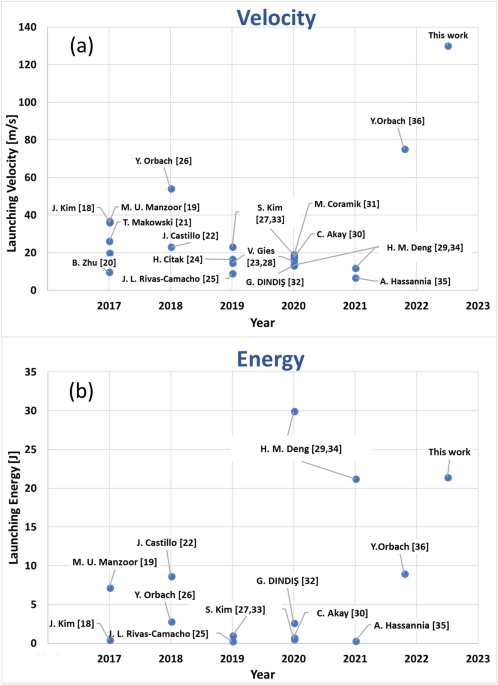
- Select a language for the TTS:
- UK English Female
- UK English Male
- US English Female
- US English Male
- Australian Female
- Australian Male
- Language selected: (auto detect) - EN
Play all audios:
The Asia Program in Washington studies disruptive security, governance, and technological risks that threaten peace, growth, and opportunity in the Asia-Pacific region, including a focus on
China, Japan, and the Korean peninsula.
Chinese President Xi Jinping’s Belt and Road Initiative includes many state-owned enterprises that are operating in foreign countries for the first time and face unprecedented security
issues. Instead of relying on the People’s Liberation Army or People’s Armed Police, hundreds of newly formed private security companies (PSCs) have been created to provide security services
for these new ventures. Aside from the competence of these PSCs, questions remain regarding their effectiveness as a stand-in for the Chinese military and ability to work in harmony with
China’s state interests.
Alessandro Arduino discussed these issues, his recent book China’s Private Army: Protecting the New Silk Road, and the implications that the rise of Chinese PSCs may have for U.S. foreign
policy and national interests. Carnegie’s Michael Swaine moderated the discussion.
Alessandro Arduino is the co-director of the Security and Crisis Management Program at the Shanghai Academy of Social Sciences where he researches China’s political economy, Sino-Central
Asian relations, sovereign wealth funds, private security corporations, and China’s security and foreign policy.
Michael D. Swaine is a senior fellow at the Carnegie Endowment for International Peace and one of the most prominent American analysts in Chinese security studies. He is a specialist in
Chinese defense and foreign policy, U.S.-China relations, and East Asian international relations.
Alessandro Arduino is the co-director of the Security and Crisis Management program at the Shanghai Academy of Social Sciences where he researches China’s political economy, Sino-Central
Asia relations, sovereign wealth funds, private security corporations, and China’s security and foreign policy.
The Asia Program in Washington studies disruptive security, governance, and technological risks that threaten peace, growth, and opportunity in the Asia-Pacific region, including a focus on
China, Japan, and the Korean peninsula.
Alessandro Arduino is the co-director of the Security and Crisis Management program at the Shanghai Academy of Social Sciences where he researches China’s political economy, Sino-Central
Asia relations, sovereign wealth funds, private security corporations, and China’s security and foreign policy.
Alessandro Arduino is the co-director of the Security and Crisis Management program at the Shanghai Academy of Social Sciences where he researches China’s political economy, Sino-Central
Asia relations, sovereign wealth funds, private security corporations, and China’s security and foreign policy.
Swaine was a senior fellow at the Carnegie Endowment for International Peace and one of the most prominent American analysts in Chinese security studies.







